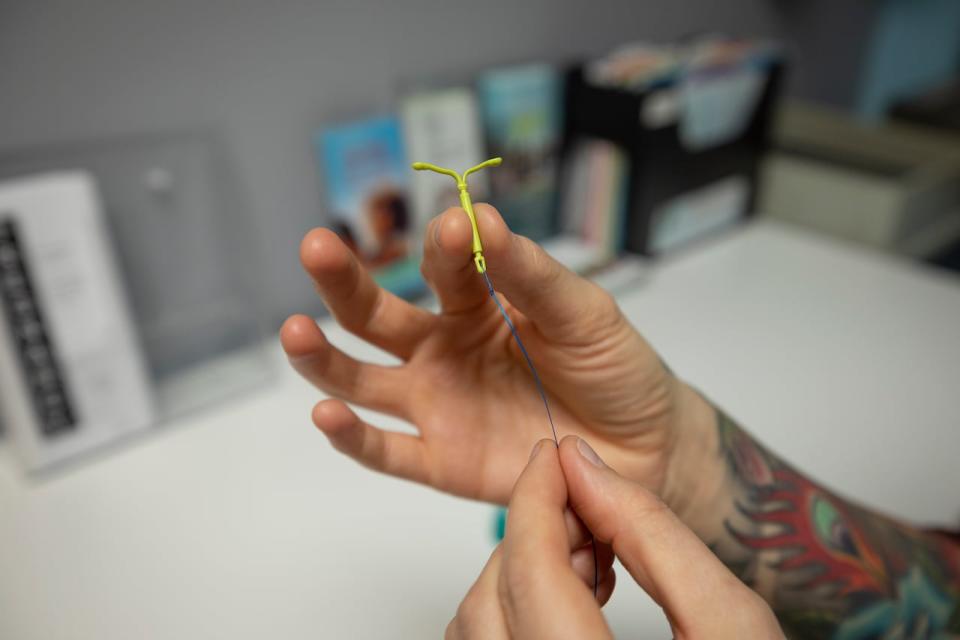P.E.I. aiming to make more types of birth control more affordable

The P.E.I. Department of Health has launched a survey to see how cost factors might be affecting Islanders' contraceptive choices.
"We want to identify how we can best support those who use, or wish to use, prescription contraceptives, without cost being a barrier," said Health Minister Mark McLane in a news release.
Mary Acorn, manager of the women and diverse peoples health section at the Department of Health, is taking the lead on the project.
"We hear a lot about the financial cost of accessing prescriptions, both from the users and from health care providers," said Acorn.
This is particularly relevant for long-acting, reversible contraceptives such as IUDs or hormone implants, she said.
"They tend to be more effective than the oral pill, but the upfront cost of those can be quite a bit higher, so it's something that's hard for people to afford," she said.
Addressing affordability
While the department is aware there is an affordability issue, the survey is designed to gather more detail on what barriers people are facing, and how much those affect decisions on what contraceptives to use.
About 9,000 Islanders are currently using prescription contraceptives, Acorn said.

An intrauterine device (IUD) is a long-acting birth control device that is inserted into the uterus to prevent pregnancy. (Matt Howard/CBC News)
The survey asks questions about the type of prescription contraceptives people have used, what they would have been interested in using instead, and what factors influenced their final decision.
In particular, the department wants to know how to make it easier for Islanders to use their first choice.
"At the end, we're hoping to have a program that's going to address those financial barriers for people," said Acorn.
In addition to the survey, the province is gathering information about how other jurisdictions deal with the issue.
The survey is currently live, and will be open until Feb. 4.


